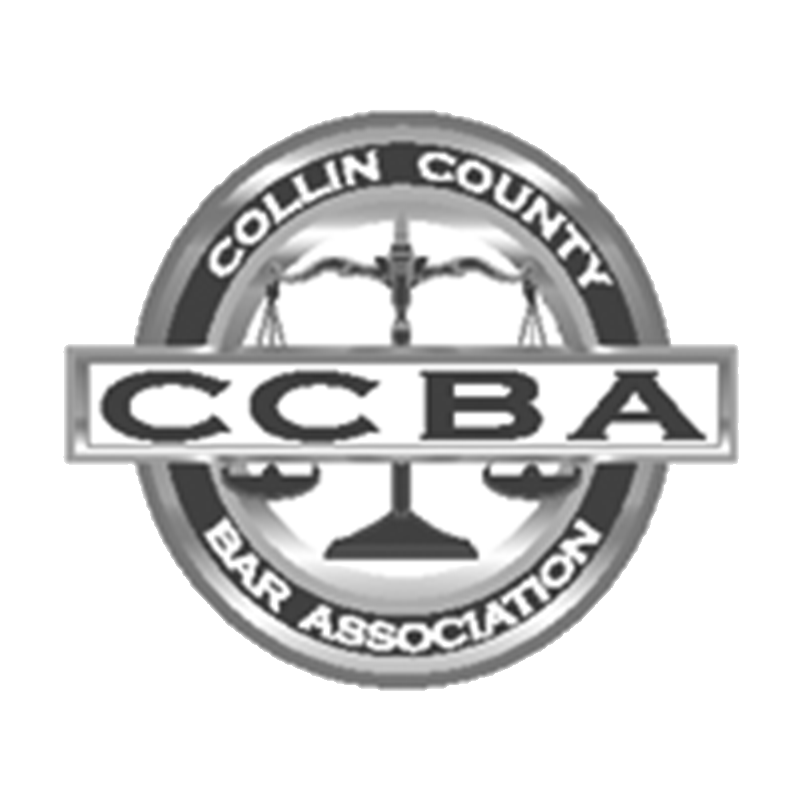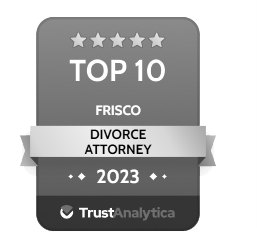

Collaborative Divorce
Collaborative Divorce
Collaborative Divorce Lawyers in Frisco, Texas (TX)
Our Law Firm Serves Clients in the Following Counties: Collin, Denton, Dallas, Rockwall, Kaufman, Johnson and Cooke.
Collaborative Divorce Matters in Texas
Collaborative divorce is a form of alternative dispute resolution where the parties to a divorce agree to forego the litigation process and remove the outcome of their case from the hands of the legal system. Instead, the parties agree that they will use the help of collaboratively trained divorce attorneys, along with other neutral professionals, who will assist in working through parenting matters, financial issues, and other matters of importance to the parties.
Grinke Stewart Law’s attorneys have the knowledge and skills to facilitate collaborative divorce agreements that achieve our clients’ goals and protect what matters most to them. Contact us to discuss your case with one of our experienced Texas family law attorneys.
Collaborative Divorce Process in Texas
Collaborative divorce focuses on interest-based negotiations, thereby enabling the parties to identify their individual and mutual goals while working toward formulating agreements to accomplish those goals. At the outset of the process, the parties sign a document in which they agree to certain terms, including: (1) working together to resolve all of their issues surrounding the divorce; (2) treating each other with respect and civility; (3) concentrating on solutions over individual positions; and (4) being completely honest and forthcoming about their finances and any other information relevant to the divorce.
The parties will also agree to not request the court to intervene in the process. Without the threat of going to court, the parties can feel more relaxed and more committed to negotiating through their disagreements. Each meeting in the collaborative divorce process will be set based on what works best for both parties’ schedules and will operate much like a mediation.
Differences Between Traditional Divorce and Collaborative Divorce
Collaborative divorce is very different from the more traditional-based litigated divorce. With a litigated divorce, your life becomes public record. The allegations made by your spouse, information about your children, and even details about your estate are accessible by others.
Conversely, collaborative law is a private and confidential process, allowing you to focus on your family’s needs without the fear of others having access to information about your situation. In a collaborative divorce, there is full disclosure of the assets and debts without the necessity of undergoing costly formal discovery the way you might in a litigated divorce. Collaborative divorce also allows the parties to have control over the outcome of the process, instead of hoping a judge or jury makes a good decision.
Situations in which collaborative divorce might be the right option for couples include:
- Concerns about confidentiality – Because collaborative divorce is private and confidential, couples who are concerned about these issues can benefit from the process. A public record will not be created regarding the proceedings in collaborative divorce, and none of the documents produced through the process will become public. The conversations each party has with his or her attorney are confidential, as are conversations the parties have together.
- Concerns about the effects of the divorce process on children – If the parties have children together and are concerned about the effects of the divorce process on them, collaborative divorce can sometimes mitigate those effects. When parents are working together respectively to resolve their issues, rather than engaging in contentious litigation, their children can end up benefitting the most.
- Desire for unique solutions – Texas courts strive to reach orders that meet the needs of every family in divorce cases, but their time and options can be limited. In collaborative divorce, the parties can be as creative as necessary to reach compromises and can agree to terms that are specifically catered toward their individual lives and circumstance.
Depending on your situation, collaborative divorce might be the best option for you and your family. However, collaborative law is not a perfect fit for all clients. It is important to understand that handling your divorce collaboratively does not mean the process will be without stress or that it will necessarily be less expensive than a traditional litigated divorce.
Scenarios When Collaborative Divorces May Not Work
There are some situations in which collaborative divorce will not work. The following are examples of circumstances that can mean collaborative divorce is not the right process for a couple:
- Income/asset imbalance or lack of financial transparency – If one spouse has all or most of the income and assets in a marriage, this can lead to an imbalance during divorce negotiations. The other spouse might feel like he or she has less bargaining power or like his or her voice is less important. Additionally, if one of the spouses is not being transparent about finances, the collaborative law process cannot work.
- Substance abuse and mental health issues – Collaborative divorce will be difficult if one of the spouses has problems with substance abuse or has mental health issues that cause him or her to have trouble making decisions or sticking to agreements. In these situations, a judge’s order can be more helpful.
- Abuse – If the marriage has involved abuse, collaborative divorce is generally not a viable option. Not only can any past abuse create an intimidation factor that disrupts the process, but it also breaks the trust necessary to carry out a collaborative divorce.
Contact Grinke Stewart Law for a Case Consultation
The attorneys at Grinke Stewart Law, PLLC, are trained in collaborative law and can help you decide if it is right for you. Call Grinke Stewart Law, PLLC at (469) 598-2001 to discuss your legal matter or click here to schedule a consultation with one of our attorneys.















